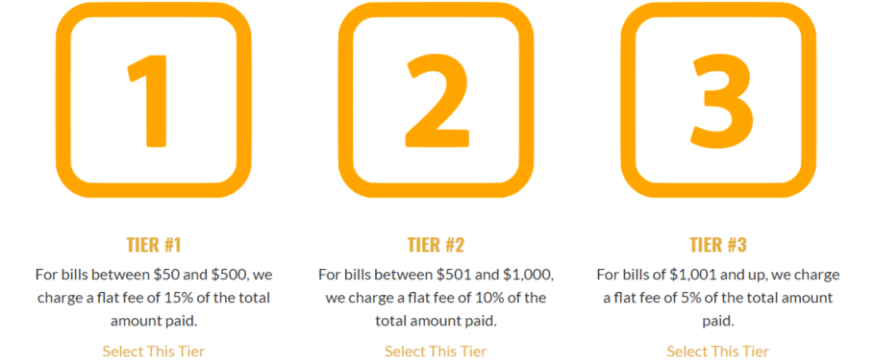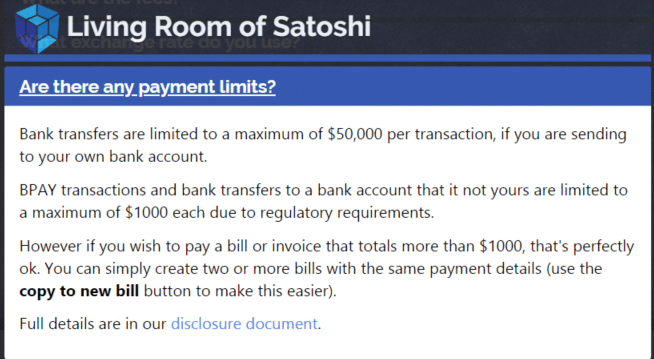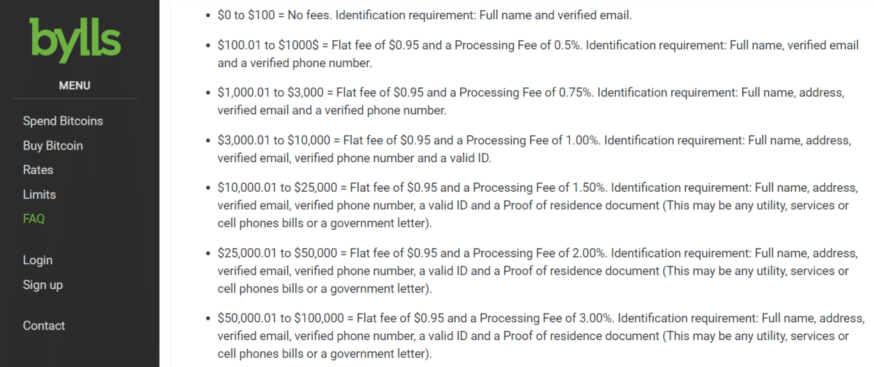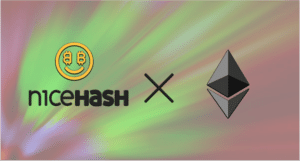Paying your bills isn’t usually a fun experience. You probably handle and pay several recurring bills every month. Since it’s becoming easier to pay bills with crypto, you may wish to investigate the pros and cons of doing so. Crypto bill pay services come with a wide range of pricing structures, ranging from mild to wild. One service even lays claim to the distinctive title of no fees at all. Here’s a brief look at four contestants in the crypto bill pay universe.
Pay Bills with Crypto
We’re talking about paying bills here, not necessarily paying for a consumer item at a store or online. For those transactions, any number of crypto-linked debit cards can handle that task for you. In this article, the focus is on whether or not paying your bills with crypto makes financial sense – or not.
Let’s say you have to pay for utility, cell phone, cable, internet, property taxes, car and health insurance at the end of a given month. How do you take a portion of your Bitcoin, Ethereum, etc. and use it to pay your monthly bills? There are numerous crypto bill-pay services that can easily handle this for you.
For example, at Coinbills.com you can “pay any bill from any company in the USA.”
Convenience Comes at a Price
That certainly sounds wonderful, but the fees involved are anything but. Look at the charge for paying your hypothetical $120 electric bill. It’s a whopping 15 percent, or $18. So now your electric bill is up to $138. Maybe you want to pay your annual property tax. The tax folks want $2,900, preferably on-time. Coinbills will charge you a 5 percent fee to pay it, thus boosting your effective tax bill to $3,045. That’s a $145 charge, just to pay a bill with Bitcoin.
[thrive_leads id=’5219′]
But if you have a regular bank account or checking account, writing a check or paying the bill online with a debit/credit card might mean few if any fees at all. Even a simple ACH-based bill pay routine at many banks is free, and payments are usually completed within one to three business days.
Litebills.com appears to be a sister company to Coinbills. Here, you can perform the same bill pay function using Litecoin. However, the fees are identical to those charged by Coinbills.

Fee-Free in the Land Down Under
If you’re an Aussie, you can use Living Room of Satoshi(LROS) to cover all of your bills via crypto. According to the LROS website:
“There are no separate fees, the calculated exchange amount you see on the homepage is all-inclusive, and is the only amount you need to pay. Living Room of Satoshi makes money from currency spreads.”

LROS allows users to pay bills at more than 19,000 Australian businesses. Additionally, clients can send money to any Australian bank account.
If you’re a Canadian, the Bylls.com crypto bill pay service offers modest fees. For example, paying that previously-mentioned $2,900 tax bill would only cost you $0.75 plus a 0.95 percent surcharge. The total fee would be $28.30 (CAD). That’s a lot less than the $145 charged by Coinbills for a similar dollar-value transaction. Bylls will complete the payment for you within one business day.

Be Aware of Tax Events
When you pay a bill in crypto, the crypto is deducted from your wallet. However, the company actually receives payment in fiat currency. Therefore, when the bill pay service converts your crypto to fiat, a taxable event occurs. You must document this transaction at tax time.
Let’s say you purchased Bitcoin at $4,000 last month. You decide to pay your $90 cable, phone and internet plan using Coinbills. Let’s suppose Bitcoin is trading at $5,000 when you pay the bill. You’ve just generated $18 in short-term capital gains that must be reported to the IRS. Here’s the math:
Bitcoin appreciation from $4,000 to $5,000 = 25%
Cost basis of the $90 used to pay the bill: $90 / 1.25 = $72
Net proceeds = $90
Cost basis = $72
Capital gains = $18
If you pay five bills per month with crypto, at the end of the year you will have 60 taxable events like that to account for. Add in your other crypto consumer purchases (Starbucks, music downloads, etc.) throughout the year, and you’ll have a very busy tax prep season ahead.
You need to make certain that the convenience of paying in crypto outweighs the obvious drawbacks of bill pay fees and the additional tax prep time and expense.
Potential Benefits of Paying Bills in Crypto
Paying bills with crypto may make sense for your situation if:
- You either don’t have or don’t want to use a traditional fiat bank account.
- You prefer to financially transact within the crypto ecosystem.
- You’re Australian and can access Living Room of Satoshi (no fees).
- You’re a Canadian and can use Bylls (modest fees).
- Your crypto bank account offers a bill pay feature.
- You don’t care about the transaction fees involved.
- Capital gains and losses, tax prep, and accounting issues are simple affairs for you to handle.
A Traditional Alternative
As more competitors enter the bill pay space, perhaps the transaction fees will decline. However, traditional fiat banks already offer online bill pay services. Many are fee-free. So, it’s doubtful that a pure crypto bill payer (other than Living Room of Satoshi) can match the speed and low transaction costs of your local fiat bank. For example, JPMorgan Chase offers their Online BillPay service. You can pay bills on a one-time basis or set up recurring monthly payments. It doesn’t transact in crypto, but your bills get paid and you don’t incur any fees when using this service. In other words, it ain’t cool, but it’s simple, fast, free and reliable.
Cool or Fooled
It’s always fun to put a new technology to work, especially when it’s fast and convenient. However, make sure that the costs involved make sense for your economic situation. Paying a 15 percent surcharge just to pay a simple bill that might be handled for free (via ACH) at your fiat bank simply doesn’t add up. Why not keep that 15 percent surcharge in your own pocket instead?
Among crypto bill payers, no-fee Living Room of Satoshi looks to be the clear winner. If and when they offer their service worldwide, other, high-priced crypto bill pay services may be forced to lower their fees or risk losing customers. That will be a great boon to crypto-focused consumers. Competition among bill pay services will help improve speed and dependability, even as it lowers transaction costs.
Never Miss Another Opportunity! Get hand selected news & info from our Crypto Experts so you can make educated, informed decisions that directly affect your crypto profits. Subscribe to CoinCentral free newsletter now.










